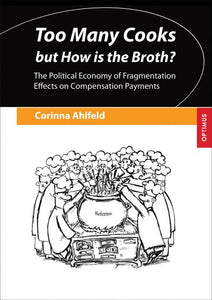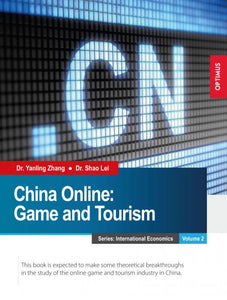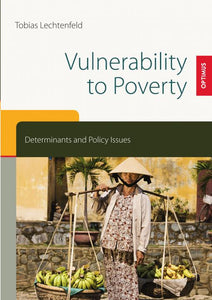Products
Corresponding to the saying "Too many cooks spoil the broth" political decision-making is a challenging issue, especially when more than one party is involved. In the common opinion, political fragmentation either in parliament or in government slows down the legislative process and causes reform blockades. Whether too many cooks are really the source of these drawbacks is questionable as many other factors such as compensation payments, strategies and social norms are also connected with the process of decision-making and the...
€34,95
Since the formulation of the 30-ha target as part of the »National Sustainability Strategy« in 2002, the topics »land use« and »land saving« have gained in importance in Germany. This book presents the instrument of tradable land designation rights, with which a significantly reduced settlement development and the protection of open spaces could be achieved. Three papers, written in German and two in English, provide answers to a number of important environmental economic questions related to a successful commercial launch....
€39,90
Russia is one of the fastest-growing and major markets in the world and it is even one of the most popular countries for foreign entrants interested in business. There are plenty of options to conduct business in Russia in general and especially in the area of acrylic glass or polycarbonate. Despite this, no concrete study has been conducted so far to determine the most feasible entry mode into the Russian market for a German company producing the aforesaid materials. Using...
€34,90
It has only been more than a decade since the online games and tourism began to be popular in Europe and America and embarked on the path of industrialization in the 1990s. So far, this industry is flourishing at an alarming rate. However, this is mostly attributed to spontaneous explorations of enterprises rather than the academia, which remains basically blank in this field. Even though there are sporadic research fruits, they are just academic papers. A fairly unified theoretical framework...
€39,90
For families in poor countries, risk and shocks such as storms and floods, illness and accidents, unemployment and civil conflict are often part of everyday life. This book provides comprehensive empirical evidence of risk management strategies in developing countries and how they impact on the lives of the poor. Possible strategies include (i) reducing risk factors, (ii) mitigating the impact of risks through formal insurance and insurance substitutes, and (iii) seeking support to better cope with negative shocks. The chapters...
€39,90
Securities lending and repos are key instruments on the German financial markets. They support trading on the spot markets and make transactions on the futures markets possible in the first place. In 2008, however, they were considered the cause and accelerator of the financial crisis and some were banned. Wrongly so, as it turned out in hindsight. Rather, it is advisable to examine these instruments and use them to advantage depending on the strategy. This thesis is intended to present...
€29,90
Especially in times of economic tension, there is a feeling that financial markets do not contribute to the common good. In the course of increasing globalization, financial and currency crises not only harm the local polluters, but also seemingly uninvolved groups of society beyond national borders. Overall, international capital flows have a decisive influence on the development of the global economy due to their volume and speed. It is therefore necessary for financial markets to function in accordance with their...
€24,90
Central banks have an important position in national economies because they influence fundamental economic parameters such as price levels, interest rates and exchange rates with monetary policy decisions. Due to the outstanding position of the central banks and the developments in the course of the financial crisis since 2007, the question arises to what extent monetary policy interventions can create stability and reduce the extent of crises. The present work offers an answer based on a macroeconomic portfolio model, in...
€44,90
This dissertation provides an analytical and coherent presentation of the problem of a uniform monetary policy in an inhomogeneous currency area. To this end, the critical situation in the European Monetary Union is discussed, the effects of the uniform, highly expansive monetary policy of the European Central Bank are examined and possible solutions are outlined with which the current crisis can be overcome. In the first main part, in addition to the well-known characteristics of optimal currency areas, additional requirements...
€49,90









